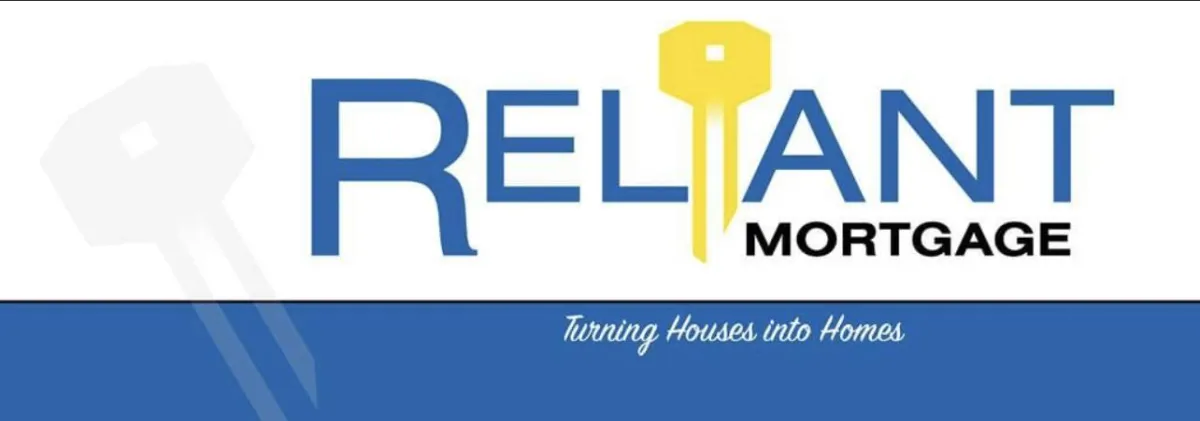Blogs
The Top 5 Mortgage Mistakes to Avoid

Buying your first home can be both exciting and nerve-wracking at the same time. With so many things to consider and....
Mortgage Do and Do not list

Mortgages can be tricky, and it's easy to make mistakes that can end up costing you dearly. That's why we've put together this list....
Tips On How To Improve Your Credit Score

Let's talk about some ways you can improve your credit score! Your credit score is actually a big deal, and it can affect...

Learn About Conventional Loans
Unlocking the Benefits of Conventional Home Loans
When it comes to financing your home purchase, choosing the right loan can make a significant difference in terms of cost, flexibility, and suitability to your financial situation. While government-backed loans like FHA, VA, and USDA have their advantages, conventional home loans offer a range of benefits that make them a popular choice among homebuyers. In this blog, we’ll explore the key benefits of conventional home loans and why they might be the perfect fit for your home financing needs.
What is a Conventional Home Loan?
A conventional home loan is a mortgage that is not insured or guaranteed by the federal government. Instead, these loans are backed by private lenders and typically follow the guidelines set by Fannie Mae and Freddie Mac, two government-sponsored enterprises. Conventional loans can be either conforming (meeting Fannie Mae and Freddie Mac guidelines) or non-conforming (jumbo loans that exceed conforming loan limits).
Key Benefits of Conventional Home Loans
1. Lower Overall Borrowing Costs:
Conventional loans often come with lower overall borrowing costs compared to government-backed loans. This is because they do not require mortgage insurance if you put down at least 20%, which can save you money in the long run.
2. Flexibility in Loan Terms:
Conventional loans offer more flexibility in terms of loan duration and types. You can choose from fixed-rate mortgages, adjustable-rate mortgages (ARMs), and hybrid ARMs, with terms ranging from 10 to 30 years. This flexibility allows you to tailor your loan to match your financial goals and budget.
3. No Upfront Mortgage Insurance Premium (MIP):
Unlike FHA loans, conventional loans do not require an upfront mortgage insurance premium (MIP). This reduces the initial cost of obtaining a mortgage, making it more affordable to get into your new home.
4. Option to Avoid Private Mortgage Insurance (PMI):
If you make a down payment of 20% or more, you can avoid paying private mortgage insurance (PMI) altogether. Even if you put down less than 20%, PMI on conventional loans can often be canceled once you reach 20% equity in your home, unlike FHA loans where MIP may be required for the life of the loan.
5. Higher Loan Limits:
Conventional loans typically have higher loan limits compared to FHA loans. This makes them a suitable option for buying higher-priced homes, especially in areas with high property values.
6. Potential for Better Rates with Good Credit:
Borrowers with strong credit profiles may benefit from lower interest rates on conventional loans. Since these loans are risk-based, having a good credit score can significantly reduce your borrowing costs compared to government-backed loans, which often have flat-rate pricing.
7. Property Flexibility:
Conventional loans are available for a variety of property types, including primary residences, second homes, and investment properties. This flexibility makes conventional loans a versatile financing option for different types of real estate investments.
8. Faster Processing Times:
Because conventional loans do not involve government agencies, they often have faster processing and closing times. This can be a significant advantage if you need to move quickly on a home purchase.
9. Fewer Restrictions:
Conventional loans typically have fewer restrictions on property conditions and borrower qualifications compared to government-backed loans. This can make it easier to qualify for and purchase a wider range of homes.
How to Qualify for a Conventional Loan
While conventional loans offer numerous benefits, they also come with more stringent qualification requirements compared to some government-backed loans. Here are some key factors that lenders consider:
- Credit Score: A higher credit score is typically required, with most lenders looking for a minimum score of 620. However, a score of 740 or higher can help you secure the best rates and terms.
- Down Payment: Conventional loans require a down payment, with a minimum of 3% for first-time homebuyers and 5% for others. However, putting down 20% or more can help you avoid PMI and reduce your overall borrowing costs.
- Debt-to-Income Ratio (DTI): Lenders typically look for a DTI ratio of 43% or lower. This ratio compares your monthly debt payments to your gross monthly income.
- Income and Employment History: Stable and sufficient income is necessary to qualify. Lenders will review your employment history and income documentation to ensure you can afford the loan payments.
Conclusion
Conventional home loans offer a range of benefits that make them an attractive option for many homebuyers. With lower overall borrowing costs, flexibility in loan terms, the ability to avoid PMI, and the potential for better rates with good credit, conventional loans provide a versatile and cost-effective way to finance your home. If you’re considering a conventional loan for your home purchase, APPLY NOW with Reliant Mortgage of Acadiana. Our experienced team can help you navigate the process and find the best loan program to meet your needs. Start your journey to homeownership today with a loan that fits your lifestyle and financial goals.
---
10 Tips for First-Time Homebuyers

Buying your first home can be both exciting and nerve-wracking at the same time. With so many things to consider and....
How To Choose the Right Lender for You

Lorem Ipsum is simply dummy text of the printing and typesetting industry. Lorem Ipsum has been the industry's standard dummy
Refinancing youe loan and when to do it

Lorem Ipsum is simply dummy text of the printing and typesetting industry. Lorem Ipsum has been the industry's standard dummy
© Copyright 2024 McBride Mortgage Services @ Reliant Mortgage. All rights reserved
.McBride Mortgage Services @ Reliant Mortgage
. - NMLS: 1075152 | 4114 Toulouse St. New Orleans, LA 70119
.
Notice To Texas Loan Applicants: Consumers wishing to file a complaint against a mortgage banker, or a licensed mortgage banker residential mortgage loan originator, should complete and send a complaint form to the Texas Department of Savings and Mortgage Lending, 2601 North Lamar, Suite 201, Austin, TX 78705. Complaint forms and instructions may be obtained from the department’s website at www.sml.texas.gov
.
A toll-free consumer hotline is available at 1-877-276-5550. The department maintains a recovery fund to make payments of certain actual out of pocket damages sustained by borrowers caused by acts of licensed mortgage banker residential mortgage loan originators. A written application for reimbursement from the recovery fund must be filed with and investigated by the department prior to the payment of a claim. For more information about the recovery fund, please consult the department’s website at www.sml.texas.gov


